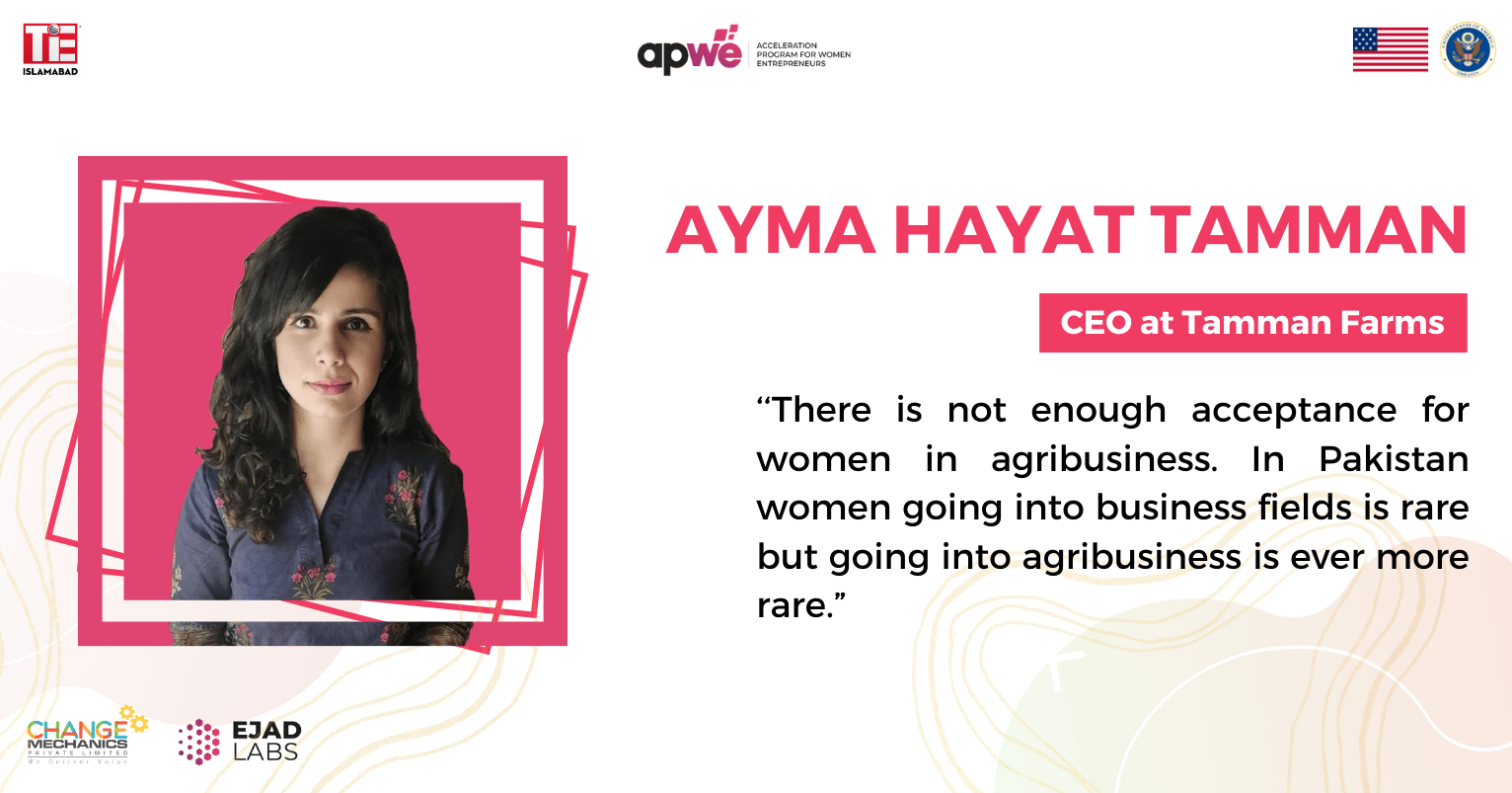Tamman Farms: Reestablishing Organic Honey in Pakistan
Honey Production in Pakistan
Honey bees are a vital part of modern day agriculture and economy. Pakistan ranks 20th in the world for honey production and 34th in honey export. Beekeeping is a highly profitable business in the country. According to Honeybee Research Institute (HBRI) in Islamabad, in the financial year 2018-2019, Pakistan exported honey worth $5.8 million. According to HBRI Pakistan has enough space for double that number. Beekeeping in Pakistan is growing rapidly because of the demand for honey and its byproducts locally and internationally. It is an eco-friendly practice making it a sustainably promising business venture. This however also creates some problems.
The demand for honey has led to a sharply rising supply of adulterated honey in the market. Hence finding pure honey is now becoming a challenge. Earlier this year, in a grand operation Punjab Food Authority (PFA) confiscated 5,000 Kg fake honey in Lahore. But raids of this sort are very rare and not proving to be an effective deterrent. Regulations to ensure food quality and safety are very few, with little implementation. As people become more health conscious leaning towards organic and sustainable food, there is a need to ensure reliable supply of unadulterated verified food supply.
Tamman Farms
Tamman Farms claims to produce 100% organic honey on the ancestral lands of the founders in District Chakwal. Ayma, one of the founders of the startup, graduated in Psychology from McGill university in Canada. But after completing her studies, she wanted to explore the honey business since she had access to her ancestral lands which she knew she could utilize for apiculture. The pandemic pushed her into thinking about ways to tap onto the refreshed need for pure organic food. This combined with her agricultural background paved her way. She started the business truly groundup because the first thing that the founders did was decide which species of trees would be both appropriate for their climate and helpful in producing easily marketable honey. “We planted the trees in the year 2019. Bees are a civilization of their own and the first year into the business became very complicated.” says Ayma.
Tamman Farms has been running as a business entity since 2020. Currently it is a B2C model. “It has only been a year and people love our product.” says Ayma. They have not moved to the B2B market yet as the business is still in its pilot phase. The founder believes that they first need to improve their product. Once they are able to fully deliver what they have promised, they plan on going B2B too. What sets Tamman Farms apart from its competitors in a very saturated honey market is its ‘one farm, one management’ feature. This basically means that they do not have to shift their apparatus from one place to another seeking favorable environments. Tamman Farms has three co-founders. While Ayma is the Chief Executive Officer, her brother is the Chief Product Officer and her sister is Chief Marketing Officer of the company.
Certification
According to the founder, there is not any certified honey dealer in the country. This is because there is not enough awareness among masses about the ways in which adulterated honey can be produced. Moreover due to a lack of regulations, there are many types of honey circulating in the market. “For example when you subject honey to heat which helps in retaining its liquid part, it loses many of its health properties. Many big names in the market are doing it with impunity” says Ayma. She believes that in order for pure authentic honey like hers to gain prominence in the market, there should be some certifications involved. The founders are currently in talks with Intertek Pakistan to get their product certified. “Honey is a difficult commodity. Certification is the only way to prove that what we are saying is true.” said Ayma.
Challenges and Future
The biggest threat for any agribusiness these days is climate change. “We are facing climate change and its repercussions just like everybody else.” says Ayma. Like this year the company had expected to produce 15,000 kgs of honey but they only managed to get 600 kgs due to a drought in the area. There are many such obstacles which are common for all honey producers in the country. “Another challenge for me as a woman entrepreneur is that there is not enough acceptance for women in agribusiness.” says Ayma. “In Pakistan women going into business fields is rare but going into agribusiness is even more rare.” she added.
Among other challenges pertaining to her gender is her exclusion from farm lands. She cannot visit the lands like her brother can due to sociocultural barriers that she has to accept in order to survive. The startup is not seeking any immediate investments. “If I am looking for investments that would only be in the form of including someone with experience.” said Ayma while talking about how her company aims to dominate the honey market through its certification edge over others. Tamman Farms also aims to expand in other markets. “We are thinking of eventually going into quinoa seeds, livestock and wheat business.” she added.
Ayma got an opportunity to compete and be selected in the top 32 Women Entrepreneurs of the US Embassy funded and TiE Islamabad managed Accelerator Program for Women Entrepreneurs. She said that the whole APWE journey was extremely beneficial for her and her company and she got great feedback from mentors as well as an opportunity to improve her business model and presentation skills through the pitching workshops.
We believe that businesses such as Tamman Farms will effectively cater to the new age consumer who are more discerning and socially conscious. Pure Quality honey is a need of the times and the demand is set to grow exponentially. So potentially a very sweet future ahead for Tamman Farms depending on their strategy and marketing.
- Categories:
- Events
